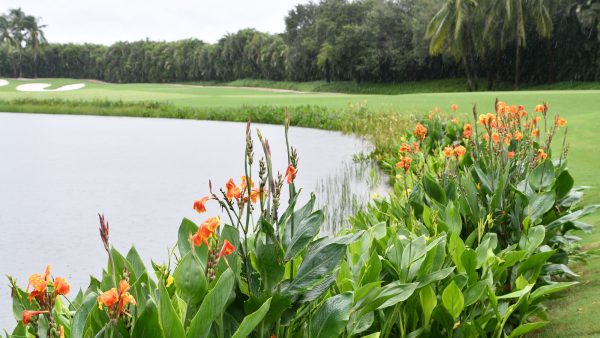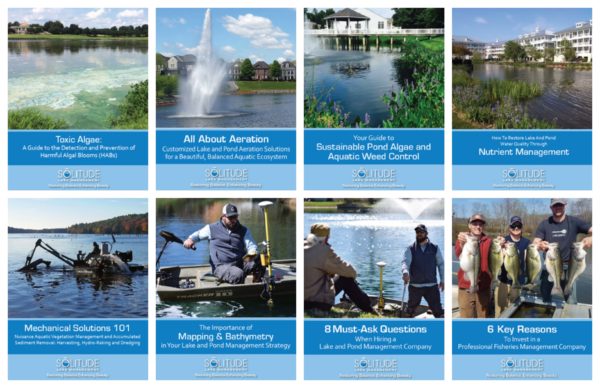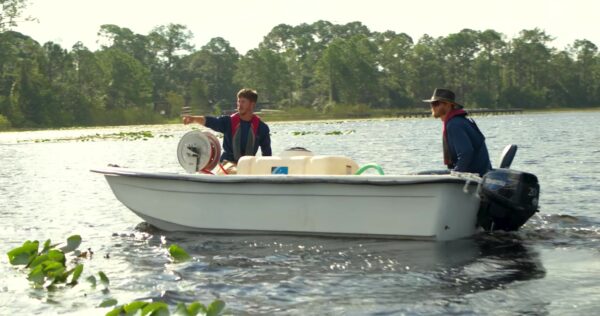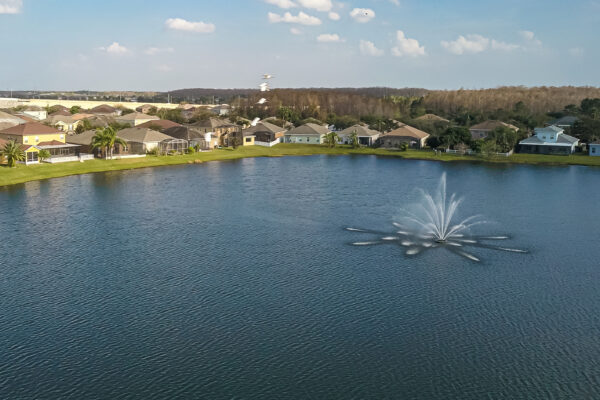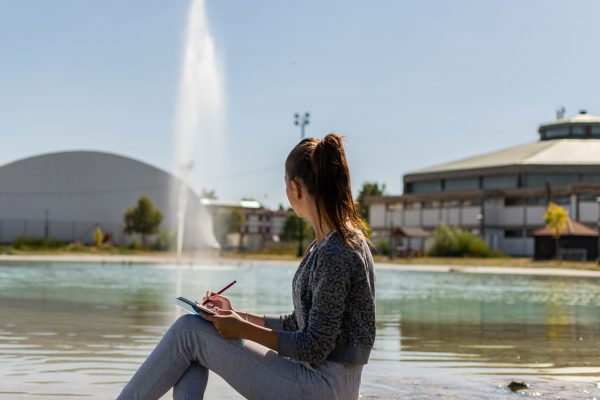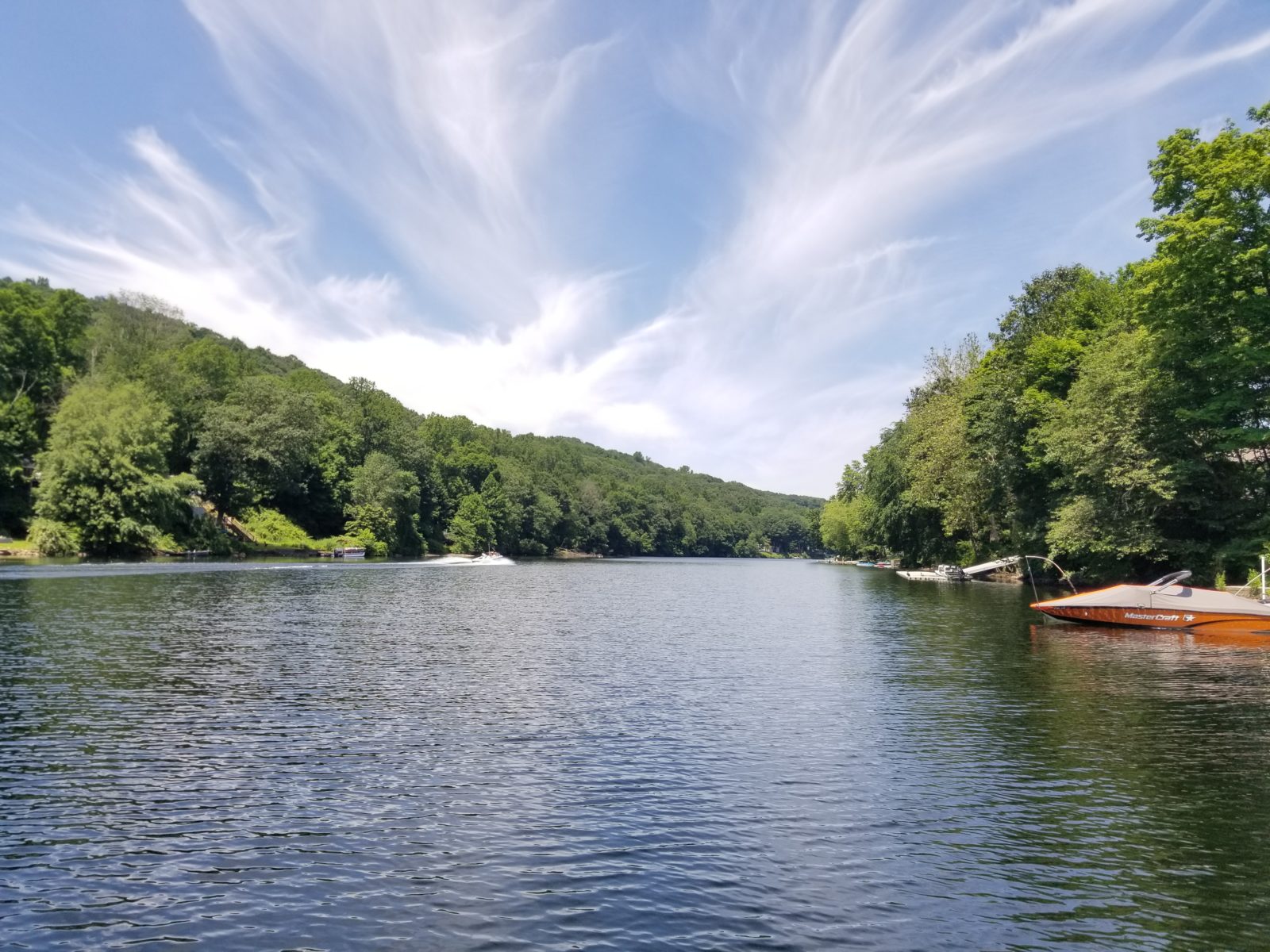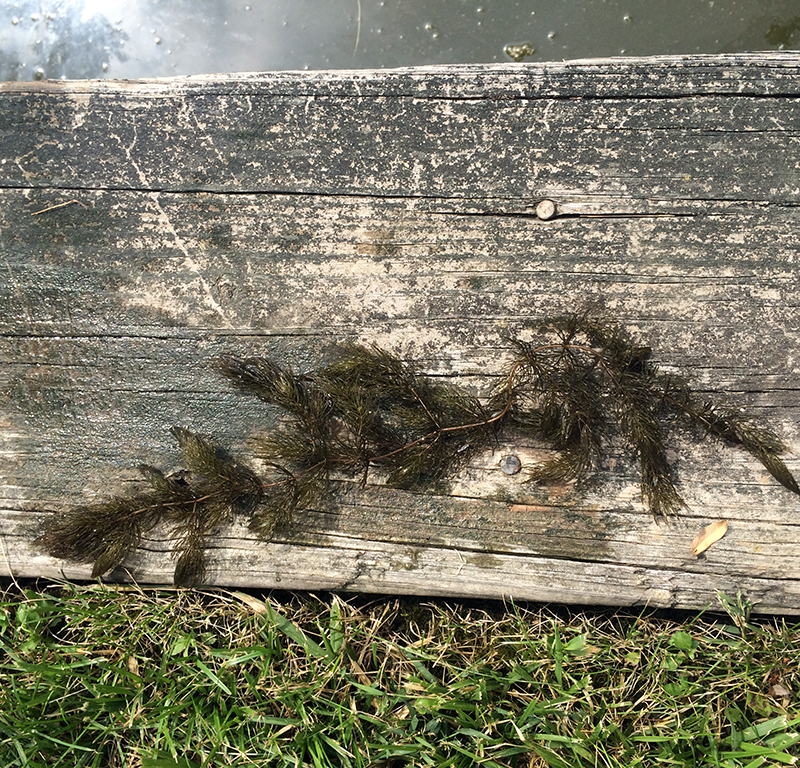 By Lee Abernathy, Environmental Scientist
By Lee Abernathy, Environmental Scientist
Aquatic pest managers run into a number of different species that need some form of control. At first glance many of these species may appear to be beneficial and should not be controlled. However, this is not always the case, even with native species. Native species can spread uncontrollably in certain situations, choking out entire lakes and ponds.
One of these species is Coontail, Ceratophyllum demersum. Coontail is a submersed aquatic plant with coarse, bushy stems and no roots. The stiff leaves are fork-divided (generally forked once or twice), flattened, and arranged in whorls of 5 to 12 leaves. The leaf margins are finely serrated. In some cases the teeth are tipped with a small spine. Whorls of leaves are more closely spaced towards the end of branches giving the plant a raccoon tail appearance. Tiny flowers, followed by spiny fruits are produced in the leaf axils.
Coontail is native to much of North America and is widely considered a beneficial species. Under many circumstances, this aquatic plant is very beneficial. It provides valuable habitat for fish such as bass and bluegill. This plant protects smaller fish from predators while also providing a location for aquatic insects to live, resulting in an important food source. Coontail also helps with the pond water quality. The plant filters out sediments allowing a lake or pond to be very clear which helps with the production of dissolved oxygen in the water.
While Coontail is loved by fish, it is often despised by aquatic management companies. Coontail can grow uncontrollably and can completely take over a lake or pond. Once this occurs, management is absolutely necessary. Grass carp can help control a Coontail population over time, but aquatic herbicides treatment will typically be required to control this plant in the short term. Again, this plant is a native and can be beneficial if managed properly, but you may find that treatment and other tools are necessary to do so. Turn to your aquatic resource management company to determine the best options for your particular lake or pond.
Contact the experts at 888-480-5253 for all of your lake, pond and fisheries management needs. Lee Abernathy is an Environmental Scientist with SOLitude Lake Management. Since 1998, SOLitude Lake Management has been committed to providing full service lake and pond management services that improve water quality, preserve natural resources, and reduce our environmental footprint. Services are available throughout the Eastern United States. Fisheries management consulting and aquatic products are available nationwide. Learn more about SOLitude Lake Management and purchase products at www.solitudelakemanagement.com.

